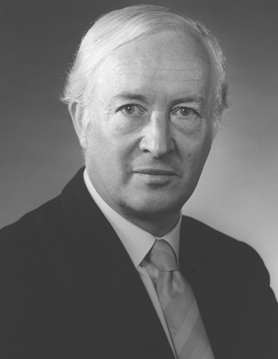John Frederick Clarke facts for kids
Quick facts for kids
John Clarke
|
|
|---|---|
 |
|
| Born |
John Frederick Clarke
May 1, 1927 |
| Died | June 11, 2013 (aged 86) |
| Alma mater | Queen Mary College (BSc, PhD) |
| Known for | Clarke's equation Clarke–Riley diffusion flame |
| Awards |
|
| Scientific career | |
| Institutions |
|
| Thesis | An investigation of the forces on a body of revolution in non-steady motion at moderate Mach numbers (1957) |
| Academic advisors | Norman A.V. Piercy Leslie G. Whitehead Alec David Young |
| Doctoral students | Andrew McIntosh John W. Dold |
John Frederick Clarke (born May 1, 1927 – died June 11, 2013) was a very smart professor, an expert in airplane engineering, and even a pilot! He was known for his important work on how gases move and burn, especially in engines and explosions.
Life and Learning
After finishing school, John Clarke trained to be a pilot. He first learned with the Navy's Fleet Air Arm and then with the Royal Air Force at Lossiemouth. Flying was exciting, but John was also very interested in how things worked.
He decided to leave the Navy. For a short time, he worked at a company called Armstrong Siddeley Motors. But his real passion was learning and studying. So, in 1949, he quit his job and went to Queen Mary College. There, he studied Aeronautical engineering, which is all about designing and building airplanes.
In 1953, John married Jean Gentle. He continued his studies and earned his PhD from Queen Mary College in 1957. For a couple of years (1955-1957), he also worked for the English Electric company.
In 1958, John Clarke joined Cranfield University as a lecturer. A lecturer is like a teacher at a university. He stayed at Cranfield for a very long time, until 1991, when he retired. Even after retiring, he kept doing research for another ten years! He was very curious about things like Shock waves (which are like very fast pressure waves), detonations (which are powerful explosions), and how gases move and burn (called gas dynamics and flame theory).
Awards and Honours
John Clarke was a very respected scientist. In 1982, he was chosen to be a Fellow of the Royal Society. This is a very special honour given to top scientists in the United Kingdom.
When he was nominated, they said he was special because of his work on how gases move when they are reacting, like when they are burning. He studied how these reactions are affected by solid surfaces, heat, and how molecules behave.
He also created models to understand how flames work in different shapes and sizes. His models matched what scientists saw in experiments. He also looked at how explosions behave when they are disturbed. His work on very fast airflow (supersonic flow) included studying how shock waves form in burning gases.
See also
- Norman Riley
- Norbert Peters
- Amable Liñán
- Forman A. Williams
- Moshe Matalon
- John D. Buckmaster
 | Mary Eliza Mahoney |
 | Susie King Taylor |
 | Ida Gray |
 | Eliza Ann Grier |

